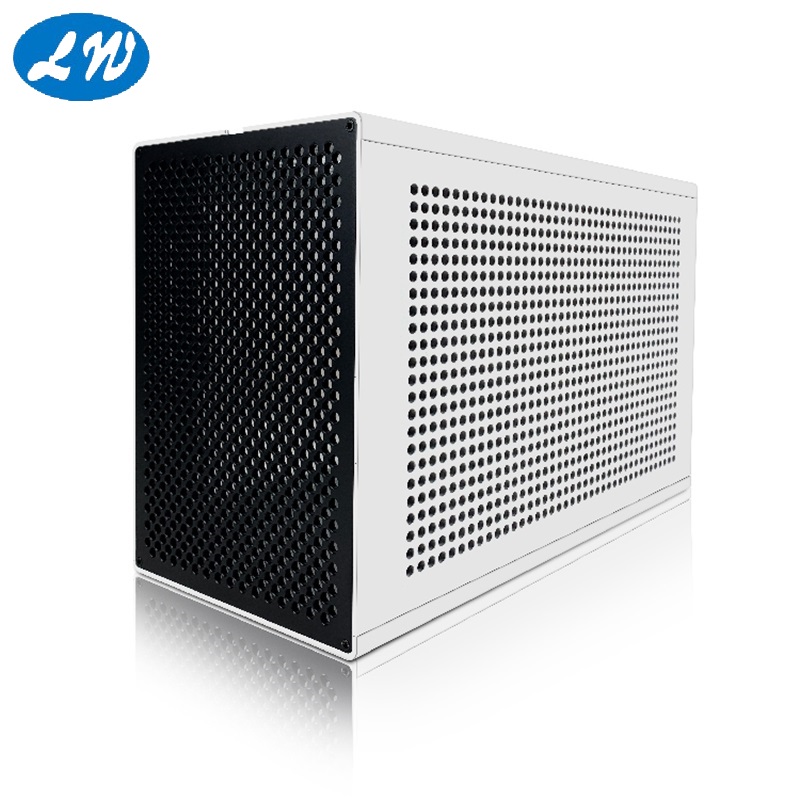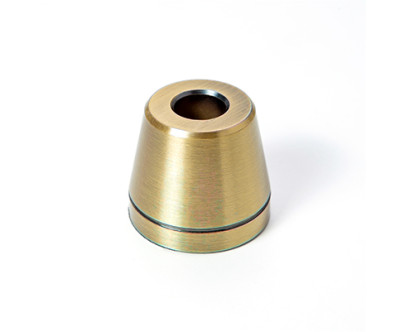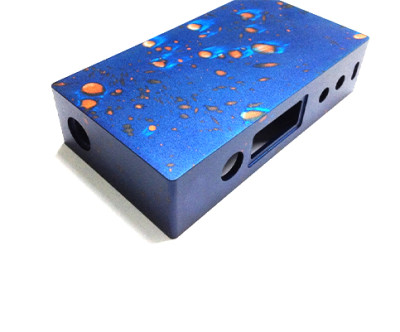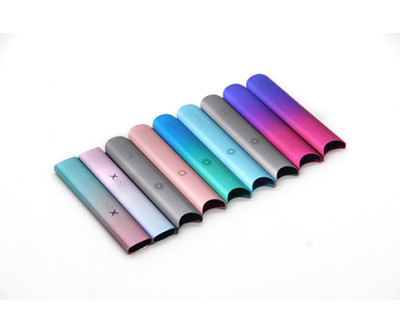The Impact of Aluminum Material Selection, Quality, and Manufacturing Processes on Custom Aluminum Computer Case Performance and Durability
Custom Aluminum Computer Cases have become a popular choice among PC enthusiasts due to their sleek design, enhanced cooling capabilities, and durability. In this article, we will delve into the critical aspects of aluminum material selection, quality, and manufacturing processes, and how they influence the performance and durability of these customized computer cases.
1.Aluminum Material Types
The choice of aluminum material significantly affects the overall performance and characteristics of a custom computer case. Common aluminum alloys used include 6061 and 6063, each with its unique properties. While 6061 offers excellent strength and machinability, 6063 is known for its superior corrosion resistance and formability. Manufacturers carefully select the alloy based on the desired balance of strength, weight, and corrosion resistance to meet the specific needs of users.
2.Material Quality
The quality of aluminum used in manufacturing plays a crucial role in determining the longevity and performance of the computer case. High-quality aluminum undergoes rigorous testing for impurities, strength, and consistency. Inferior quality aluminum can lead to issues such as corrosion, structural weaknesses, and compromised durability. Quality assurance measures, including testing and certifications, ensure that the aluminum meets industry standards, providing users with a reliable and durable product.
3.Manufacturing Processes
The manufacturing processes employed in crafting custom aluminum computer cases contribute significantly to their overall quality. Precision machining, CNC milling, and advanced fabrication techniques are common in creating intricate designs and ensuring tight tolerances. Welding methods, such as TIG (Tungsten Inert Gas) welding, are often employed to enhance structural integrity. Anodizing or powder coating processes not only improve aesthetics but also add a layer of protection against scratches and corrosion.
4.Impact on Performance
The thermal conductivity of aluminum is a key factor influencing the cooling performance of custom computer cases. Aluminum's excellent heat dissipation properties allow for efficient thermal management, crucial for maintaining optimal operating temperatures of internal components. The selection of aluminum alloys and the design of the case impact how effectively heat is conducted away from critical components, thereby influencing overall system performance.
5.Durability Considerations
The durability of a custom aluminum computer case is paramount, especially given its role in protecting sensitive and expensive internal components. The chosen aluminum alloy and manufacturing processes determine the case's ability to withstand physical stress, vibrations, and environmental factors. A well-constructed case provides structural stability, reducing the risk of warping or deformation over time.
The careful selection of aluminum material types, ensuring high-quality standards, and employing precise manufacturing processes are pivotal in shaping the performance and durability of custom aluminum computer cases. Users seeking a balance of aesthetics, thermal management, and long-term reliability should pay close attention to the materials and manufacturing techniques employed by case manufacturers. A well-crafted aluminum case not only enhances the overall computing experience but also ensures the protection and longevity of valuable hardware components.



